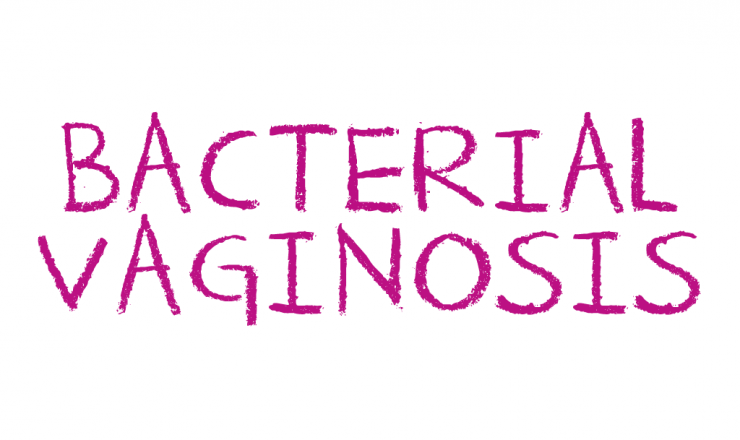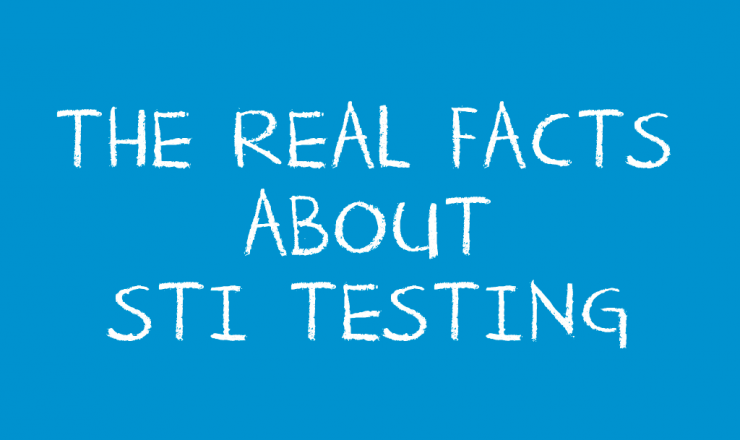STIs: Stigma
Stigma refers to feelings like shame, disgust, or embarrassment that you may experience when confronted with the possibility of having an STI, a positive diagnosis, or even just doing something that’s riskier than you’re comfortable with.
These feelings often come from how we learn and talk about STIs outside of having sex. (For example, referring to people without STIs as “clean,” that implies you are “dirty” if you have one.) When you only receive fear based sexual education (“Don’t get STIs!”) then it can feel like you screwed up something simple if you get one.
Combating stigma involves:
- Remembering that there is no way to completely eliminate all risk during sexual activities
- Being brave and having open conversations with partners or clinicians about STIs
- Learning more about STIs and STI treatment/management
- Point out language or behaviour that increases stigma around STIs
You maybe feel some shame or embarrassment about STIs, since it can be hard to shake deeply engrained feelings like that, but working towards more sex-positive communities is everyone’s responsibility.





